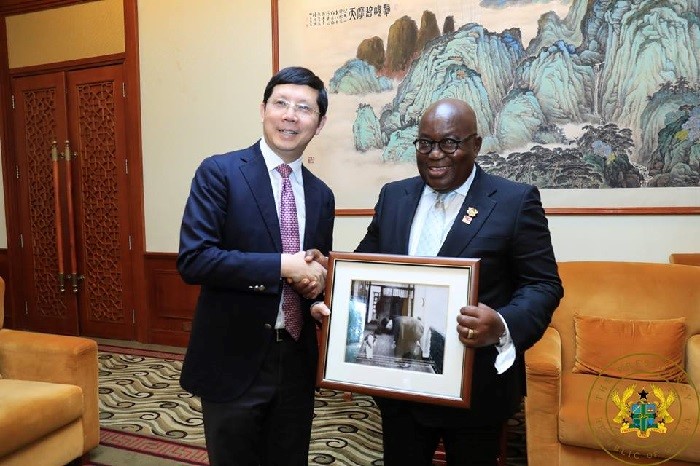

The multi-billion-dollar Ghana’s deal with China’s Sinohydro has been praised internationally as a model that the rest of Africa should adapt, to lessen the financial woes of their economies.

The deal is considered as a game-changing deal, sealed by the President of Ghana, Nana Akufo Addo in 2018 with the Chinese State-owned Sinohydro Company. This a multi-billion dollar barter deal of refined Ghanaian bauxite, a mineral essential to aluminium production, in place of Chinese construction of infrastructure in the country.
The deal has been strikingly elaborated as a complete departure from direct foreign currency loan from China, in exchange for infrastructure, which many African Governments easily adopt to fund their development projects at the expense of sound fiscal management of their economies.
Unlike the Ghana-Sinohydro arrangement which is not a direct foreign currency loan, but a direct barter with refined bauxite exchanged for its equivalent of infrastructure - with no cash exchanging hands.
Lauren Johnston, the international economist wrote: "With low savings and foreign reserves, some states in Africa are struggling to secure investment for their development, but a recently announced policy model from the west of the continent provides a potential way forward."
This new style of China-Africa (Ghana) barter arrangement is a step away from the recent and widely used 'Angolan model', the international economist added.
Lauren Johnston, further explained why the Sinohydro deal between the Government of Ghana and China is mutually beneficial to both countries.
"This represents a step away from mega foreign currency loans and towards direct bartering. In China’s case, it offers a crucial mineral and a step around accusations of China’s debt-trap diplomacy. For Ghana, it offers a loan and foreign currency-free means of securing development investment."
The deal will finance infrastructure development in each of the sixteen regions in the country. Priority projects such as construction and rehabilitation of roads, the extension of electricity to rural communities, hospitals, etc. are to be funded through the Sinohydro deal.
Responses








